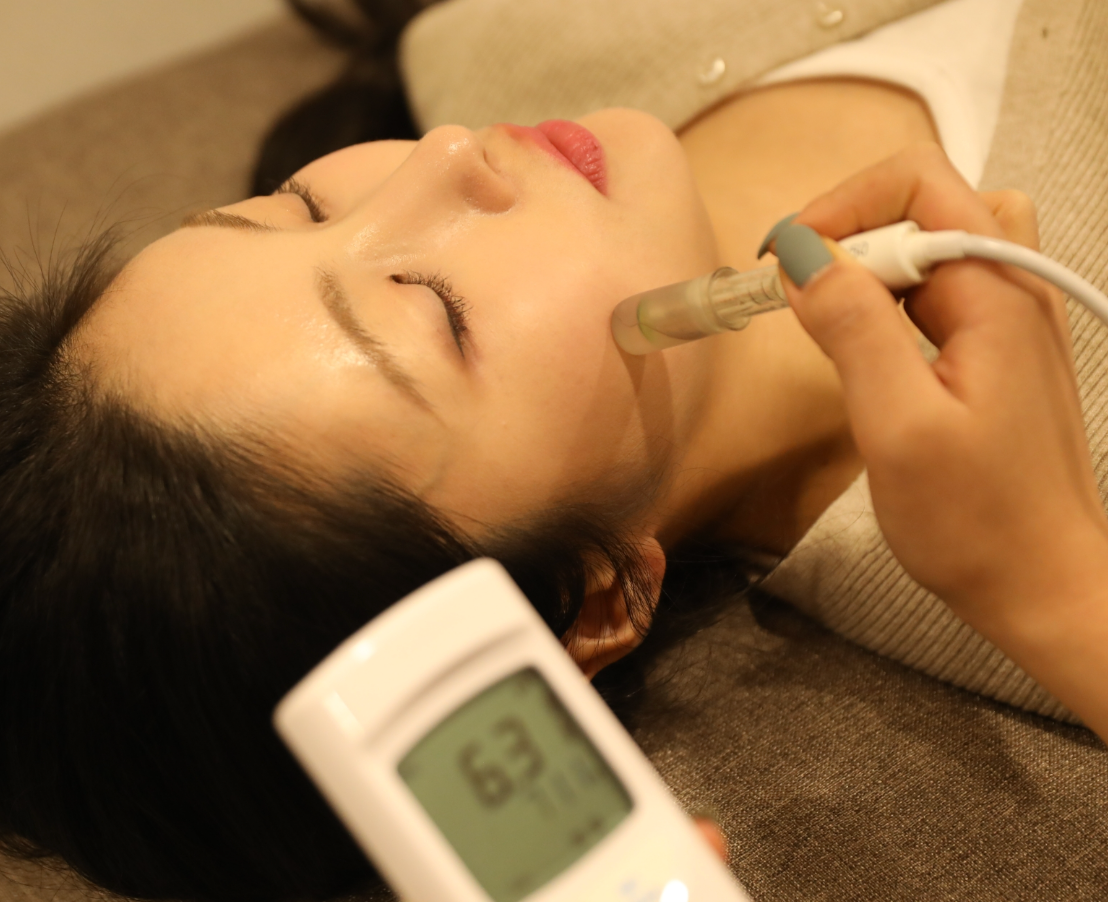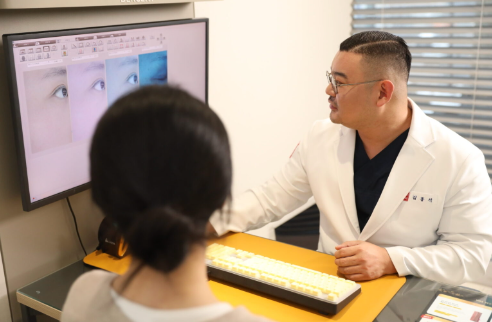Slow aging: Can practicing it really make you younger?
There’s a secret to staying youthful.
There’s a keyword that has recently taken over all areas of lifestyle, regardless of the field: slow aging. This trend, launched by Professor Jeong Hee-won, the advocate of slow aging, has captured the attention of not only middle-aged individuals who are interested in health but also the 2030 generation. The same people who once loved spicy hot pot and candied fruit are now eating lentils and brown rice.
In the field of skincare, slow aging has consistently been a hot topic as well. Perhaps it’s due to the term “slow aging,” but many people are now approaching it as a way to look younger and improve their skin. So, is slow aging truly the shortcut to staying youthful and the perfect remedy for beauty? Let's clear up the misunderstandings and truths surrounding slow aging.
Is Slow Aging a New Concept?
As the name suggests, slow aging refers to a lifestyle that slows down the aging process. In the past, health management focused on trying to reverse the aging body, but slow aging takes a different perspective. It acknowledges that aging is inevitable, but aims to slow down the pace of it by adjusting one's lifestyle.
Various factors contribute to aging, from natural aging over time to diet, stress, relationships, physical activity, and individual circumstances. Ultimately, everything in life influences the speed of aging. Therefore, it’s important to go beyond just adding or removing one or two things from our current lives and instead focus on transforming overall lifestyle habits.
So, how can slow aging be practiced? Professor Jeong Hee-won suggests the following actions: eat well, move well, practice mindfulness, rest, sleep well, and reduce alcohol and smoking. Among these, she emphasizes the importance of dietary habits. She even claims that reducing food intake by 20-25% can slow down aging by about 75%.
However, this is puzzling. Everyone knows that actions like exercising, maintaining a balanced diet, and managing sleep contribute to a healthy life. These are concepts that have long been part of the “well-being” lifestyle. As a result, while the term “slow aging” may sound new, if you closely examine its meaning, it isn’t too far from what we already know.
Slow Aging Is Not a Cure-All
As slow aging gains popularity, many people have started to misunderstand it. One common misconception is approaching slow aging purely as a cosmetic concept. The word "aging" often evokes thoughts of external changes, and Professor Jeong Hee-won’s own clear skin might have influenced this perception, though we can only speculate.

However, slow aging is different from simply trying to maintain youthful appearance. It primarily focuses on internal well-being rather than external aesthetics. As we age past middle age, not only does the face show signs of aging, but physical functions, strength, IQ, and even quality of life decline. The essence of slow aging is improving internal functions to delay these changes for as long as possible.
Of course, balanced eating habits, sufficient sleep, and proper exercise contribute positively to the skin. However, these are secondary benefits of a healthy lifestyle. While slow aging practices are worthwhile for overall health management, if your primary goal is to look younger or achieve beauty, slow aging may not be the answer.
If You Want Skin Slow Aging
The key factor in determining skin age is wrinkles. Even with similar skin conditions, whether or not you have wrinkles can make you look youthful or older. The problem is that once wrinkles have formed, it’s not easy to restore the skin to its original state—like trying to uncrease a folded piece of paper, which will always leave a mark. Therefore, when aiming for skin slow aging, prevention is crucial.The key factor in determining skin age is wrinkles. Even with similar skin conditions, whether or not you have wrinkles can make you look youthful or older. The problem is that once wrinkles have formed, it’s not easy to restore the skin to its original state—like trying to uncrease a folded piece of paper, which will always leave a mark. Therefore, when aiming for skin slow aging, prevention is crucial.

What’s the most effective way to prevent wrinkles? The answer is managing skin elasticity. When elasticity decreases, the skin sags, creating folds where wrinkles form. Managing elasticity is essentially the same as maintaining the collagen that supports the skin tissue. The most reliable solution for this is not collagen supplements or creams, but professional treatments from a dermatologist. Collagen ingested through food is hard to be absorbed meaningfully due to the digestive process.
To maintain healthy collagen deep in the skin, the best approach is to receive treatments that directly target the dermis. One treatment to consider for skin slow aging is Juvelook. Juvelook uses high-molecular PDLLA to stimulate collagen production and lift elasticity. Lifting treatments like Ultherapy and Thermage are also excellent for collagen regeneration. Even simple procedures like Botox and dermal fillers can significantly help prevent wrinkles.
By combining the right treatments with a healthy lifestyle, you can achieve both internal health and external youthfulness. The most important thing is to start as soon as possible and maintain consistent care. Remember, the best day to start slow aging is today!
"Ready for glowing, healthy skin? 💖 Book your consultation with VOS Dermatology clinic today, and let’s start your journey to confidence! Our friendly team will get back to you as soon as possible. 🌟 Don’t wait—your best skin is just a form away!"
Contact Us
We will get back to you as soon as possible.
Please try again later.
VOS Dermatology Clinic is a premier skincare destination in Seoul, specializing in advanced dermatological treatments tailored for international patients. Our expert team provides personalized care using state-of-the-art technology for skin rejuvenation, anti-aging, acne treatment, and non-invasive lifting procedures. Experience professional, results-driven skincare in a comfortable and modern environment.
- Address : 806 Eonju-ro, Gangnam-gu, Seoul, 1st–4th Floor (Exit 3, Apgujeong Station)
- Phone Consultation
+82-10-9705-5516










